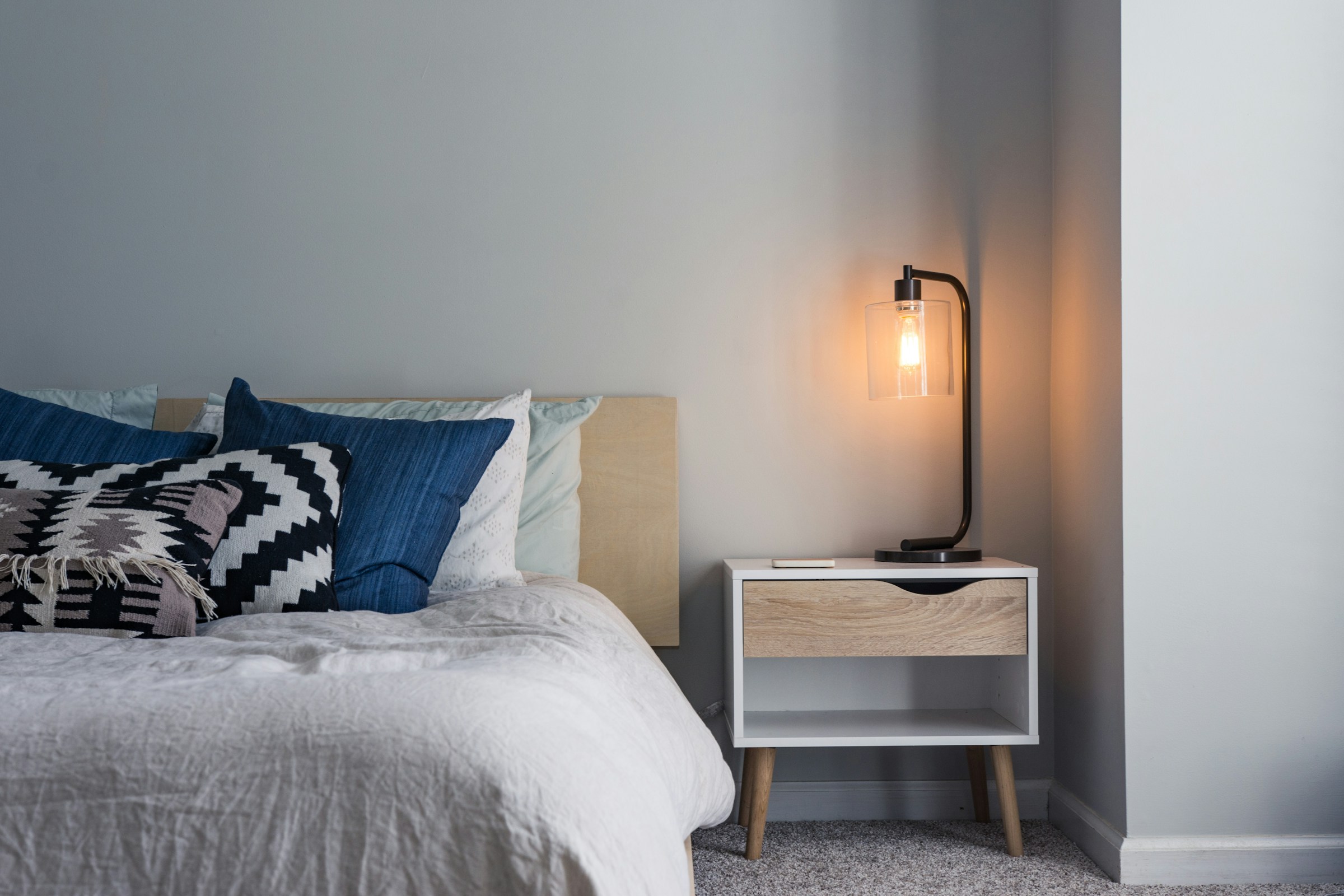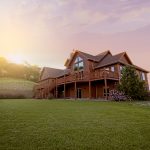Converting your home into a bed and breakfast (B&B) is an exciting venture. It provides an opportunity to generate income from your property, and it also allows you to meet people from all walks of life. However, it involves more than just preparing an extra room and cooking breakfast. The process is governed by stringent legal, safety, and health requirements. This detailed guide will walk you through the compliance requirements that will enable you to legally and safely run a B&B from your UK home.
Understanding the Legal Requirements
The first step in transforming your home into a B&B is getting familiar with all the legal requirements. The UK laws demand that any business offering bed and breakfast services comply with certain regulations. Whether you’re setting up a small B&B with a couple of rooms or a larger establishment, legal compliance is critical.
Sujet a lire : How Do UK Regulations Affect the Insurance of High-Rise Residential Buildings?
First, you need to determine your property’s planning use status. If you plan to make significant changes to your building structure or the use of your home, you might need planning permission from your local council. Check with your area’s local authority to understand what’s required.
Next, consider the implications of running a business from your property. This might affect your home insurance, mortgage, and even local council tax. You could also need a licence depending your local authority’s rules. Always check with your insurance provider, mortgage lender, and local council before setting up your B&B business.
A lire aussi : What Are the Financial Advantages of Joint Property Investment in the UK?
Ensuring Compliance with Food Safety Standards
One of the hallmarks of a B&B is the breakfast. Most guests look forward to enjoying a delicious home-cooked breakfast during their stay. But this means your business will also be subject to food safety regulations.
If you’re offering breakfast to your guests, you need to register your home as a food business with your local authority. This should be done at least 28 days before you start serving food. You’ll also need to comply with the Food Safety Act 1990 and the Food Hygiene Regulations 2006. These laws ensure that the food you serve is safe to eat.
Keeping a clean and hygienic kitchen is paramount. Ensure that your kitchen equipment is in good condition and implement a food safety management system based on Hazard Analysis and Critical Control Points (HACCP). This will help you identify and manage any potential risks associated with your food handling process.
Implementing Health and Safety Regulations
The safety of your guests is another key area that you’ll need to focus on. Your B&B will need to comply with health and safety laws to ensure that your guests have a safe and enjoyable stay.
Fire safety is a crucial part of these laws. Make sure that your home has a fire safety plan and sufficient fire detection and firefighting equipment. You might also need to carry out a fire risk assessment to identify potential risks and implement measures to manage them.
In addition, you’ll need to consider the safety of any equipment you provide for your guests. This includes everything from beds and furniture to electrical appliances. All equipment should be regularly checked and maintained to ensure it is safe for use.
Managing the Running Costs
Running a B&B involves various costs, and understanding these costs will help you plan your budget and pricing strategy. You’ll need to factor in the costs for food, cleaning, maintenance, utilities, marketing, insurance, and any licence fees.
Remember, running a B&B is not just about keeping your guests comfortable and well-fed. It’s also about maintaining the profitability of your business. So, manage your costs wisely, and always look for ways to improve your efficiency and reduce unnecessary expenses.
Creating a Local Experience
A big part of the B&B appeal is the local experience. Guests often choose B&Bs because they want a more personal and localised experience compared to what they get at big hotels.
Enrich your guests’ stay by incorporating local elements into your service. This could be anything from serving local food for breakfast, offering local travel tips, or even decorating your home with local art. Creating a local experience not only attracts more guests, but it also helps to support other businesses in your area.
In conclusion, converting your home into a B&B is a rewarding venture, but it’s not without its challenges. By understanding and complying with the legal, health and safety requirements, you can create a safe and enjoyable environment for your guests. And with the right strategy, you can turn your B&B into a profitable business that brings you joy and economic benefits.
Addressing Data Protection and Digital Marketing
In the digital age, converting your home into a B&B goes beyond physical alterations and compliance with food and health standards. It also requires you to pay attention to your digital presence. This includes how you market your B&B business, how you manage bookings, and how you protect your guests’ personal data.
If you plan to create a website for your B&B, you should ensure that it is user-friendly and compliant with UK laws. Any personal data collected through your website, such as guest names, contact information, and payment details, should be securely stored and processed in compliance with the UK’s Data Protection Act 2018.
Be transparent about your data collection and usage practices. Your website should have a clear privacy policy that informs visitors about what data you collect, how you use it, and how you protect it. This policy should also inform visitors about their rights to access, correct, or delete their personal data.
On the marketing front, if you plan to use email marketing or social media to promote your B&B, you must comply with the Privacy and Electronic Communications Regulations (PECR). These regulations stipulate that you can only send marketing communications to people who have given their specific consent.
Finalising Your Business Plan
Before you open your doors to guests, you should have a solid business plan in place. This plan should outline your short-term and long-term goals, strategies for achieving these goals, and measures for assessing your progress.
Your business plan should include a detailed analysis of your local market and your competition. It should also outline your pricing strategy, marketing plan, and customer service standards. And don’t forget to factor in the costs of compliance, such as the cost of acquiring planning permission, upgrading your property to meet safety standards, and implementing data protection measures.
Your business plan should also outline your contingency plans. For instance, how will you handle slow seasons? How will you respond to negative reviews or complaints? Having a plan in place will help you navigate these challenges and ensure the sustainability of your B&B business.
Conclusion
Turning your home into a Bed & Breakfast is a big decision that requires careful planning and strict compliance with various legal, safety, health, and data protection requirements. You have to consider multiple factors, from your property’s planning use status to your digital marketing practices. But with the right understanding of these compliance requirements and a well-thought-out business plan, you can successfully convert your home into a B&B that provides a wonderful local experience for your guests and a profitable venture for you. So take the first step, do your research, consult with professionals if needed, and embark on your B&B business journey with confidence.






